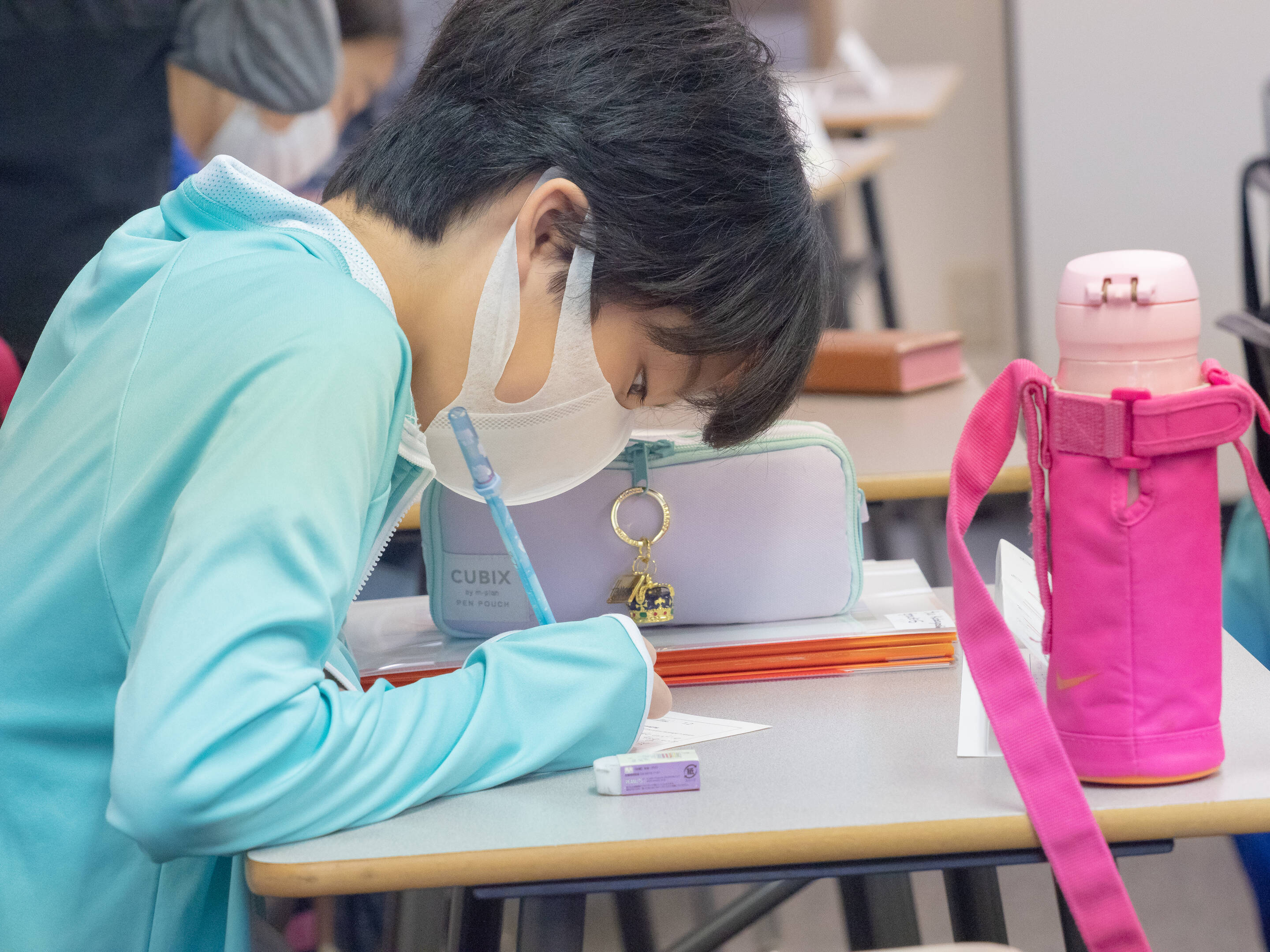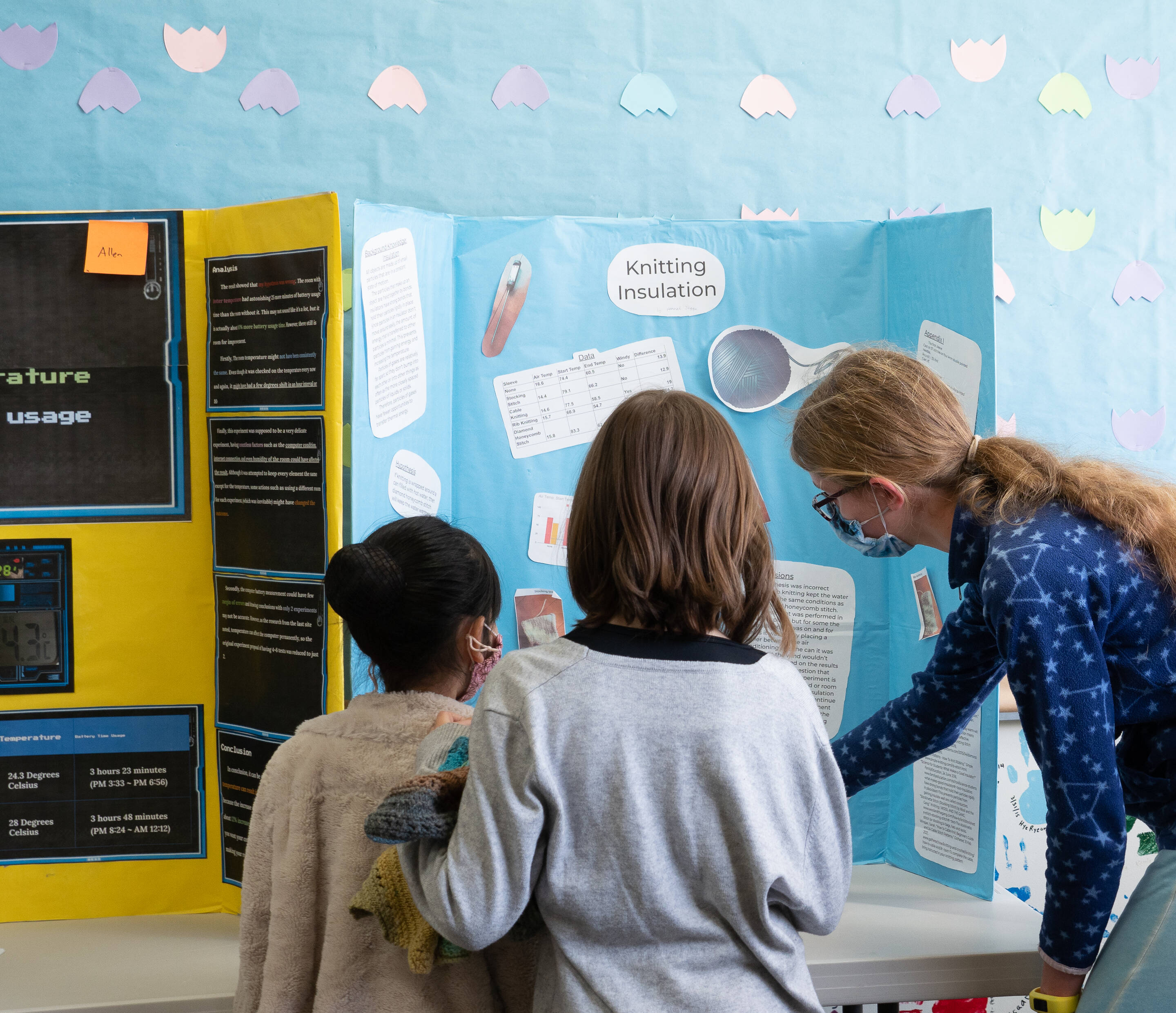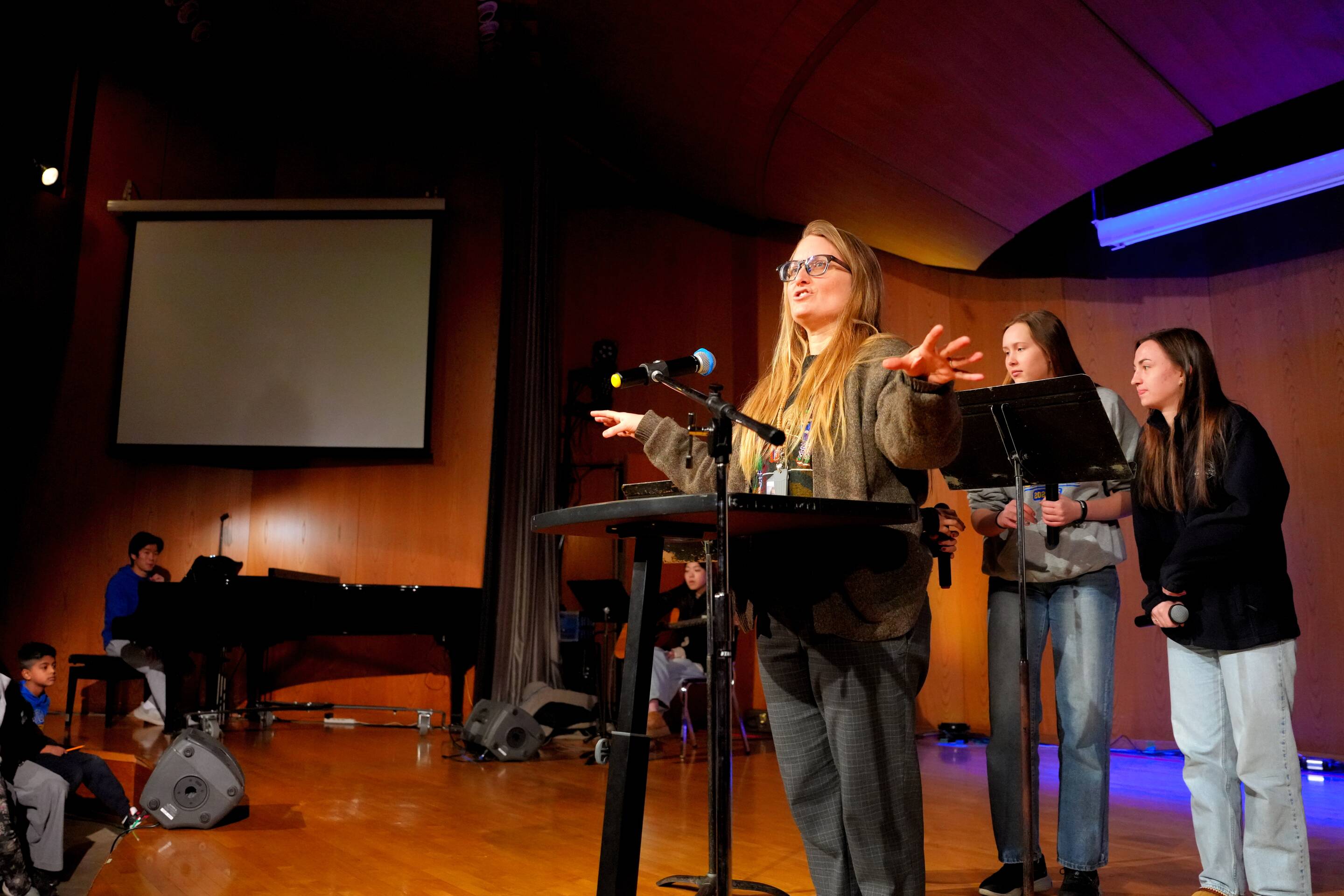Becoming Responsible Learners
02/16/2022 11:18
Terence Van Dam, Middle School Science
Being a responsible learner is a skill that becomes more and more crucial as a student moves into higher grades and into adulthood. So how do teachers develop these skills in their students? I would like to give a peek at some of the strategies used to develop responsible learners in my middle school science classes: making connections between subjects, explaining understandings in new ways, and doing independent research.

Last year and this year I have had the opportunity to team teach with the EAL teachers in my science classes. These teachers team teach in other classes of the same grade level and are able to help students make many connections between the subjects. They are able to help students connect vocabulary learned in other classes to science class through the examination of suffixes, prefixes and root words. In one science class about ecosystems, we learned about emigration and immigration of organisms out of and into ecosystems, and the EAL teacher was able to show students the connection with immigration and emigration that the class had recently learned in social studies class.
Becoming responsible learners also means developing students who truly understand subject content. This means going beyond merely answering questions correctly, but rather to use the knowledge learned in class and explain it in different ways. One way this can be done is through reflections or personal connections. In science class we often end our lessons with students writing an “output” in their notebook. An output is not supposed to be just a rewriting of the main ideas learned in class, but rather is a way of personalizing the information. Students are encouraged to use different forms of writing to explain their understanding of topics in their own words.

Conducting independent research to further knowledge is a hallmark of responsible learning. Each year of middle school, CAJ students take part in a science event such as the Egg Drop challenge and the Science Expo. These are events where students start with some basic knowledge learned in class but need to expand that knowledge through research, design, and testing. These projects are also longer term projects, spanning more than a month, that are mainly done on their own outside of class. This allows students to practice time management skills, another characteristic of responsible learners.
Developing responsible learner skills is not an easy task for students, or for anyone for that matter. It takes time, effort, reflection, and persistence. I find that middle school is a great time and opportunity for students to practice and see the rewards of becoming responsible learners as they prepare to go on to high school.




